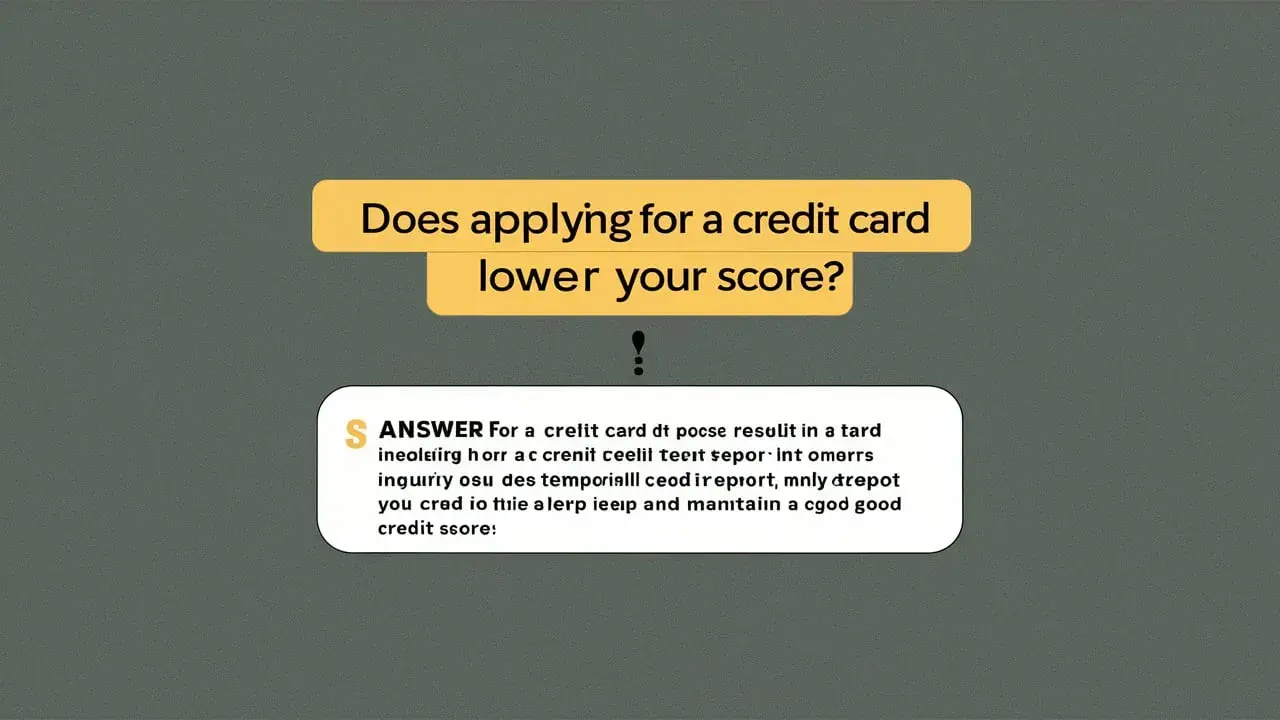-
Posted on: 19 Jul 2024

-
Feeling overwhelmed by debt when you're already strapped for cash? Don't despair! This comprehensive guide provides actionable strategies to chip away at your debt, even when it seems impossible. Let's turn financial stress into financial freedom.
The Reality: Debt and a Tight Budget
Many people face the daunting challenge of managing debt with limited financial resources. It can feel like a never-ending cycle, but it's important to remember that progress is possible. The key is to be strategic, patient, and persistent.
This guide focuses on realistic approaches to debt repayment, even when you feel like you have nothing left to cut. We'll explore ways to reduce your expenses, increase your income, and negotiate better terms with your creditors.
Understanding Your Debt Situation
Before you can start tackling your debt, you need a clear picture of what you owe. This involves:
- Listing all your debts: Credit cards, loans (student, auto, personal), medical bills, etc.
- Recording the interest rates: This is crucial for prioritizing your repayment strategy.
- Determining the minimum payments: Know exactly how much you need to pay each month to avoid late fees and penalties.
- Calculating the total amount owed: This gives you a clear understanding of the overall debt burden.
You can use a spreadsheet, a budgeting app, or even a simple notebook to track this information. The important thing is to have a comprehensive overview of your debt obligations.
Step 1: Master the Art of Frugal Living
The first step is to identify areas where you can reduce your expenses, even if it's just a little. Small savings can add up over time and free up money for debt repayment.
Cutting Down on Recurring Expenses
- Review your subscriptions: Are you paying for services you don't use? Cancel them! This includes streaming services, gym memberships, and unused software subscriptions.
- Negotiate your bills: Contact your internet, phone, and insurance providers to see if you can negotiate a lower rate. Comparison shop for better deals.
- Lower your energy consumption: Turn off lights when you leave a room, unplug electronics when not in use, and adjust your thermostat to save on heating and cooling costs.
- Cook at home more often: Eating out is a major expense. Plan your meals, cook in bulk, and bring your lunch to work.
Finding Free or Low-Cost Entertainment
- Utilize free community resources: Libraries offer books, movies, and even free events.
- Explore local parks and hiking trails: Enjoy the outdoors without spending a dime.
- Host potlucks or game nights with friends: Socialize without the expense of going out to restaurants or bars.
- Take advantage of free museum days: Many museums offer free admission on certain days of the week or month.
Smart Grocery Shopping
- Plan your meals and make a shopping list: Stick to your list to avoid impulse purchases.
- Shop with a calculator: Keep track of your spending to avoid overspending.
- Compare unit prices: Look at the price per ounce or pound to find the best deals.
- Buy in bulk when possible: Especially for non-perishable items you use frequently.
- Use coupons and loyalty programs: Take advantage of discounts and rewards programs offered by your grocery store.
- Reduce food waste: Store food properly, use leftovers creatively, and avoid buying perishable items you won't use.
Step 2: Boost Your Income (Even in Small Ways)
Increasing your income, even by a small amount, can make a significant difference in your debt repayment efforts.
Explore Side Hustle Opportunities
- Freelance writing, editing, or graphic design: Offer your skills online to clients seeking these services.
- Online tutoring: Share your knowledge and help students succeed.
- Delivery driving (Uber Eats, DoorDash, etc.): Use your car to deliver food and earn extra cash.
- Pet sitting or dog walking: Care for animals while their owners are away.
- TaskRabbit: Offer your services for various tasks, such as handyman work, cleaning, or moving help.
- Sell unwanted items online: Declutter your home and sell items on platforms like eBay, Facebook Marketplace, or Craigslist.
Negotiate a Raise at Your Current Job
If you're a valuable employee, don't be afraid to ask for a raise. Research industry standards for your position and experience level, and prepare a compelling case for why you deserve a higher salary. Highlight your accomplishments and contributions to the company.
Consider a Part-Time Job
While it may require more time commitment, a part-time job can provide a steady stream of income that can be directly applied to your debt. Look for jobs that fit your schedule and skills.
Step 3: Prioritize Your Debt Repayment
Not all debt is created equal. High-interest debt is more costly and should be prioritized.
The Avalanche Method
This method focuses on paying off the debt with the highest interest rate first. This minimizes the overall interest you pay over time. While it might not provide immediate gratification, it's the most mathematically efficient approach.
The Snowball Method
This method focuses on paying off the debt with the smallest balance first. This provides quick wins and can be motivating. While it might not save you the most money in the long run, it can help you stay on track and avoid feeling overwhelmed.
Which Method is Right for You?
The best method depends on your personality and financial situation. If you're motivated by quick wins, the snowball method might be a better choice. If you're focused on minimizing long-term costs, the avalanche method is likely the better option.
Minimum Payments are Crucial
Regardless of the repayment method you choose, always make at least the minimum payment on all your debts to avoid late fees and penalties. Late payments can damage your credit score and make it even harder to get out of debt.
Step 4: Negotiate with Your Creditors
Don't be afraid to contact your creditors and ask for help. They may be willing to work with you to lower your interest rate, reduce your monthly payments, or even waive some fees.
Debt Consolidation
Consolidating your debt involves taking out a new loan to pay off your existing debts. This can simplify your payments and potentially lower your interest rate, but be sure to compare offers carefully and understand the terms and conditions of the new loan.
Debt Management Plans (DMPs)
A DMP is a structured repayment plan offered by credit counseling agencies. They work with your creditors to negotiate lower interest rates and monthly payments. You'll make one monthly payment to the credit counseling agency, which will then distribute the funds to your creditors.
Debt Settlement
Debt settlement involves negotiating with your creditors to pay a lump sum that is less than the full amount you owe. This can have a negative impact on your credit score and should be considered as a last resort. It also has tax implications, as the forgiven debt may be considered taxable income.
The Importance of Communication
The key to successful negotiation is clear and open communication with your creditors. Explain your financial situation and be honest about your ability to repay your debt. The worst thing you can do is avoid communication and let your accounts go into default.
Step 5: Monitor Your Progress and Stay Disciplined
Paying off debt is a marathon, not a sprint. It requires patience, discipline, and a commitment to your financial goals.
Track Your Spending
Continue to track your spending to identify areas where you can save money. Review your budget regularly and make adjustments as needed.
Celebrate Small Wins
Acknowledge and celebrate your progress, no matter how small. This will help you stay motivated and on track.
Stay Focused on Your Goals
Remind yourself why you want to get out of debt. Visualize your debt-free future and focus on the positive outcomes of achieving your financial goals.
Seek Support if Needed
Don't be afraid to seek support from friends, family, or a financial advisor. Talking about your financial struggles can help you feel less alone and provide you with valuable insights and advice.










